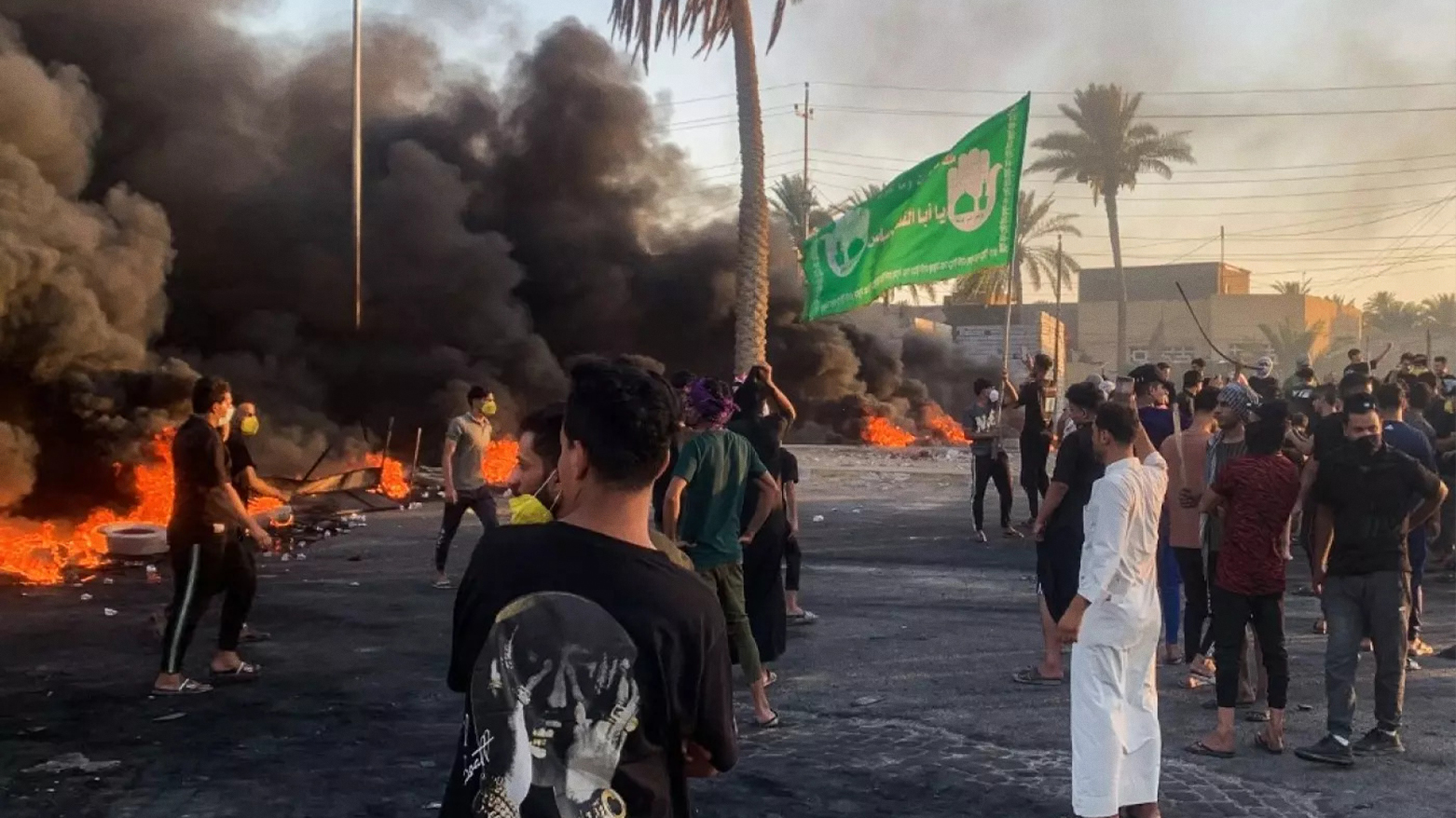US: Iraq is Reducing its Dependence on Iranian Energy
Iraq relies on Iran for about 25 percent of its energy, Patel said. "Just a few years ago it was 40 percent.”

WASHINGTON DC, United States (Kurdistan 24) – State Department Deputy Spokesperson Vedant Patel told journalists on Thursday that Iraq’s import of energy from Iran was being significantly reduced.
His statement came as reporters challenged him on the renewal of a U.S. waiver regarding sanctions on Iran to allow Iraq to import electricity from its eastern neighbor.
The series of 120 day waivers on those imports began in 2018, under former President Donald Trump. As Trump left the Iranian nuclear deal, formally known as the Joint Comprehensive Plan of Action (JCPOA), the Trump administration re-imposed sanctions on Iran.
As the JCPOA has not been renewed, the sanctions imposed during the Trump administration remain in effect. The latest U.S. waiver marked the 22nd time that Washington has issued such an exception.
Iraq’s Serious Electricity Shortage: 2 Hours per Day in Some Cities
Iraq is dependent on electricity imports from Iran to meet domestic demand, particularly relevant during the hot summer months, when temperatures regularly top 50 degrees Celsius (122 degrees Fahrenheit.)
For Iraq to do without electricity imports is to run a serious risk of triggering significant political instability within the country. Indeed, there has already been unrest in south-central Iraq.
Over the weekend, there were protests in Najaf and Diwaniyah. The Diwaniyah governorate receives only two hours of electricity per day, as Middle East Eye reported on Monday, following the protests.
“Although Iraq is a resource-rich country, a combination of corruption and crumbling infrastructure has left many without access to electricity, vital for keeping cool in one of the hottest places on earth,” it said.
U.S. Waiver
On July 11, Washington announced that it was granting yet another sanctions waiver of 120 days to allow Iraq to import electricity from Iran.
Iran is not allowed to freely access the funds that Iraq pays for the electricity. Originally, that money was deposited to an escrow account in a bank in Iraq.
Iran could draw upon those funds solely for humanitarian purposes, like food and medicine.
Last summer, however, the Biden administration changed the procedure and Iraq was to use an Iranian bank in Oman for electricity payments.
That change may have reflected a mistrust of Iraqi banks, which suffer from rampant money laundering and other forms of corruption.
Read More: Money Laundering Remains a Major Challenge for Iraqi Government
In pressing their questions about the latest waiver at Thursday’s briefing, the journalists seemed abstracted from the realities of life in Iraq. Without importing electricity from Iran, the Iraqi population would suffer greatly—far more than it already does. So what choice does the U.S. really have, except to renew the waiver?
In defending that decision, Patel explained that the U.S. was “also encouraging the Iraqi Government to take meaningful steps to accelerate its effort to wean itself off of Iranian energy sources, and over the past number of years, we have also seen that.”
“Currently, our estimates are that [Iraq] relies on Iran for about 25 percent of its energy,” he continued. “Just a few years ago that number was 40 percent.”
“So we are seeing progress and steps in the right direction, and we want to continue to see a clear plan, including realistic and measurable milestones,” Patel concluded.